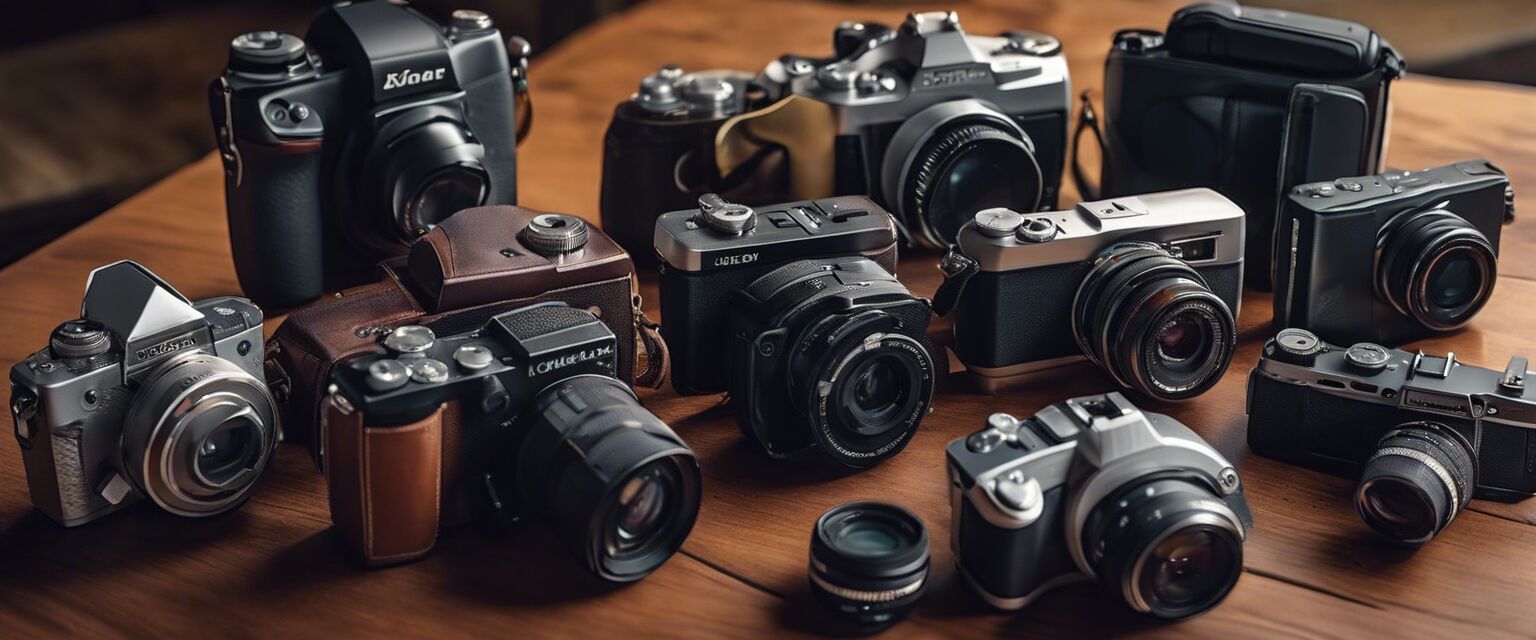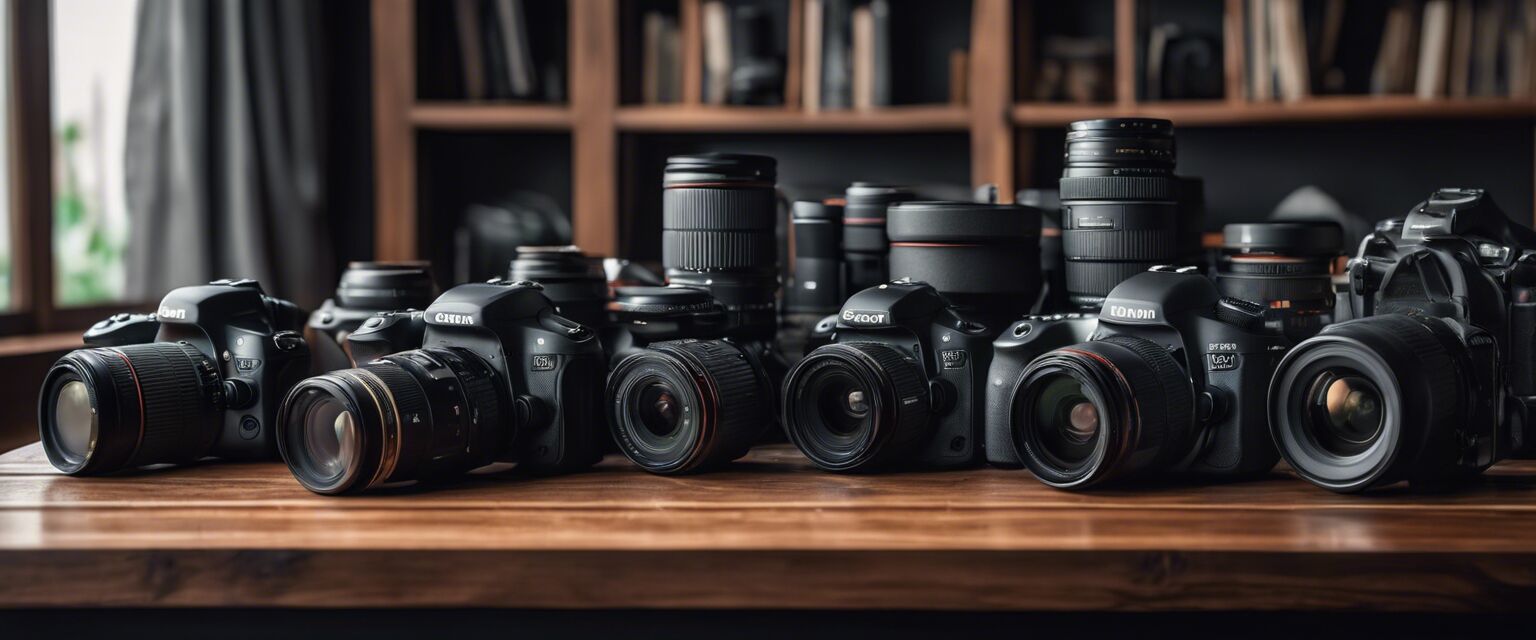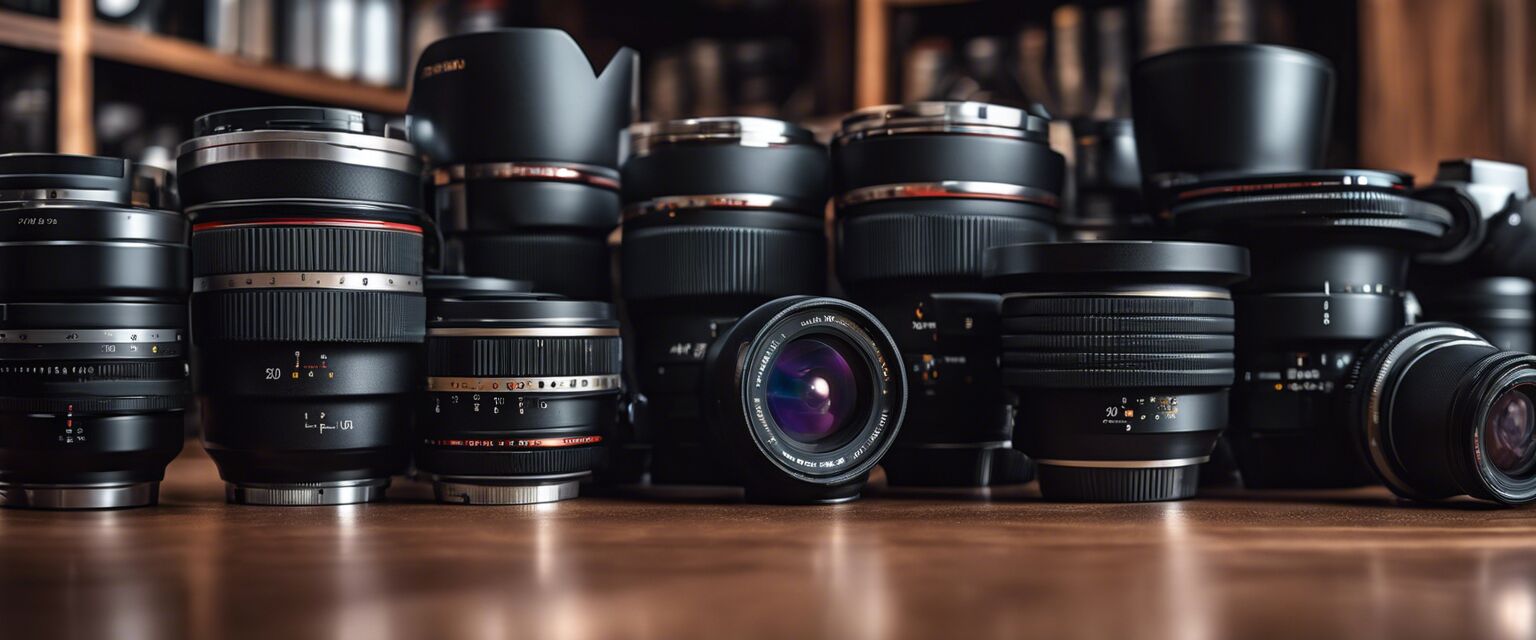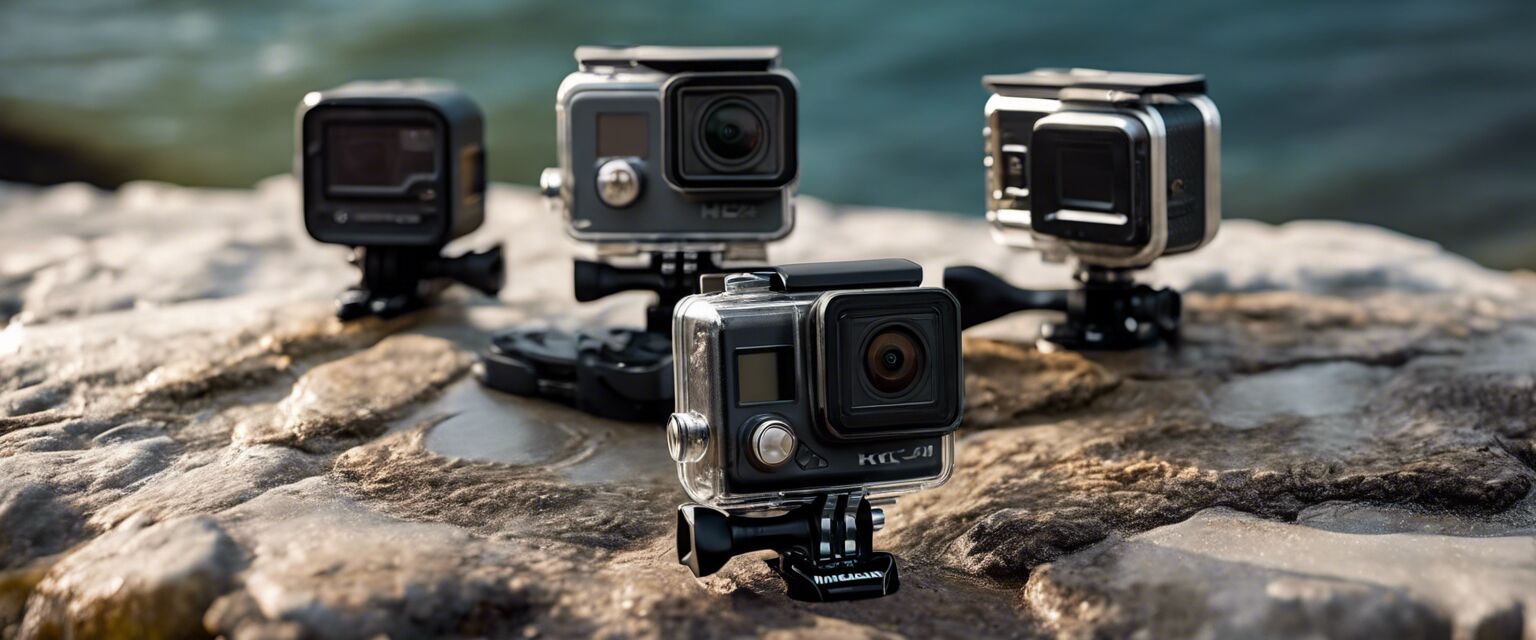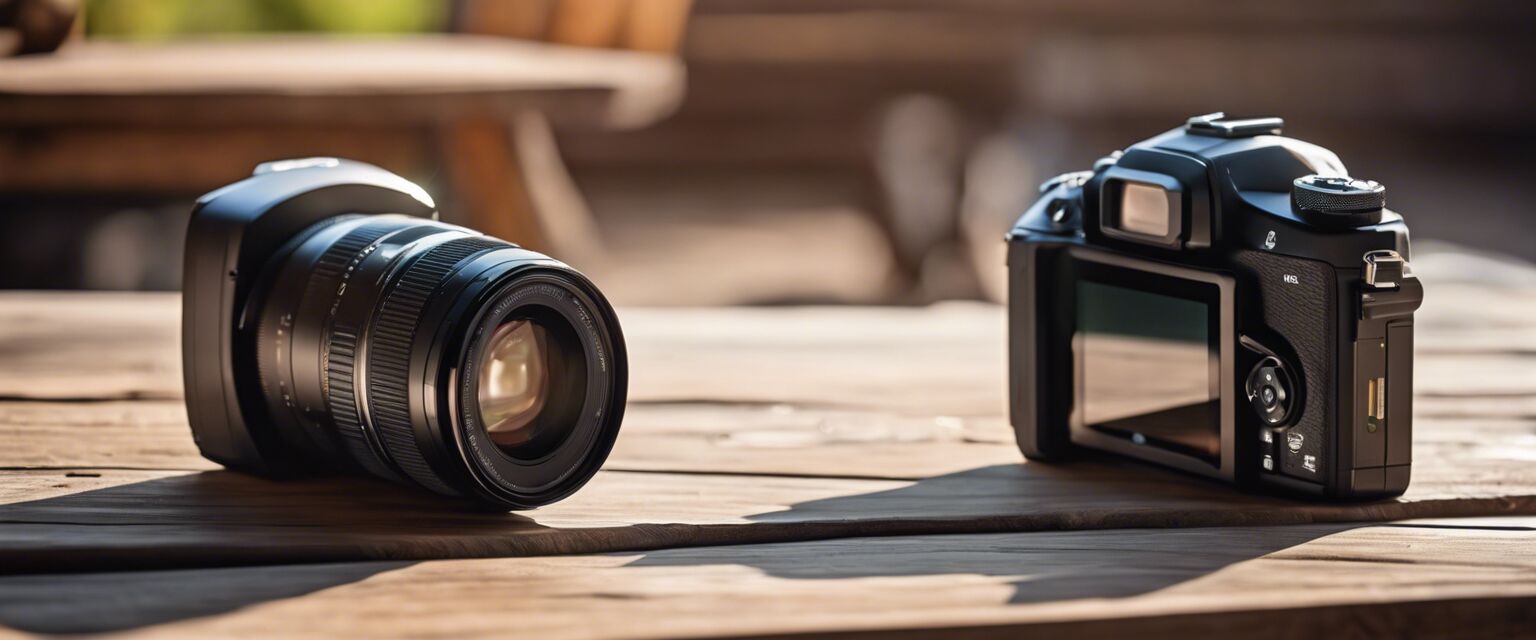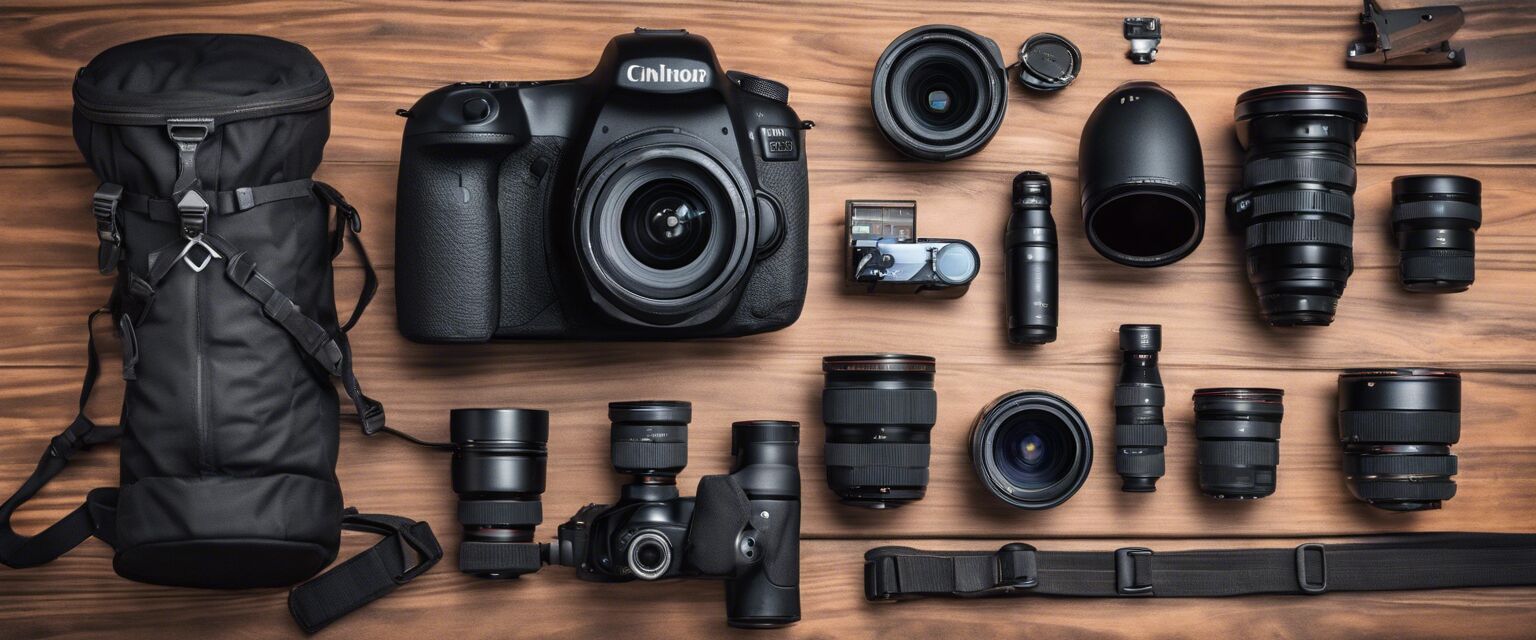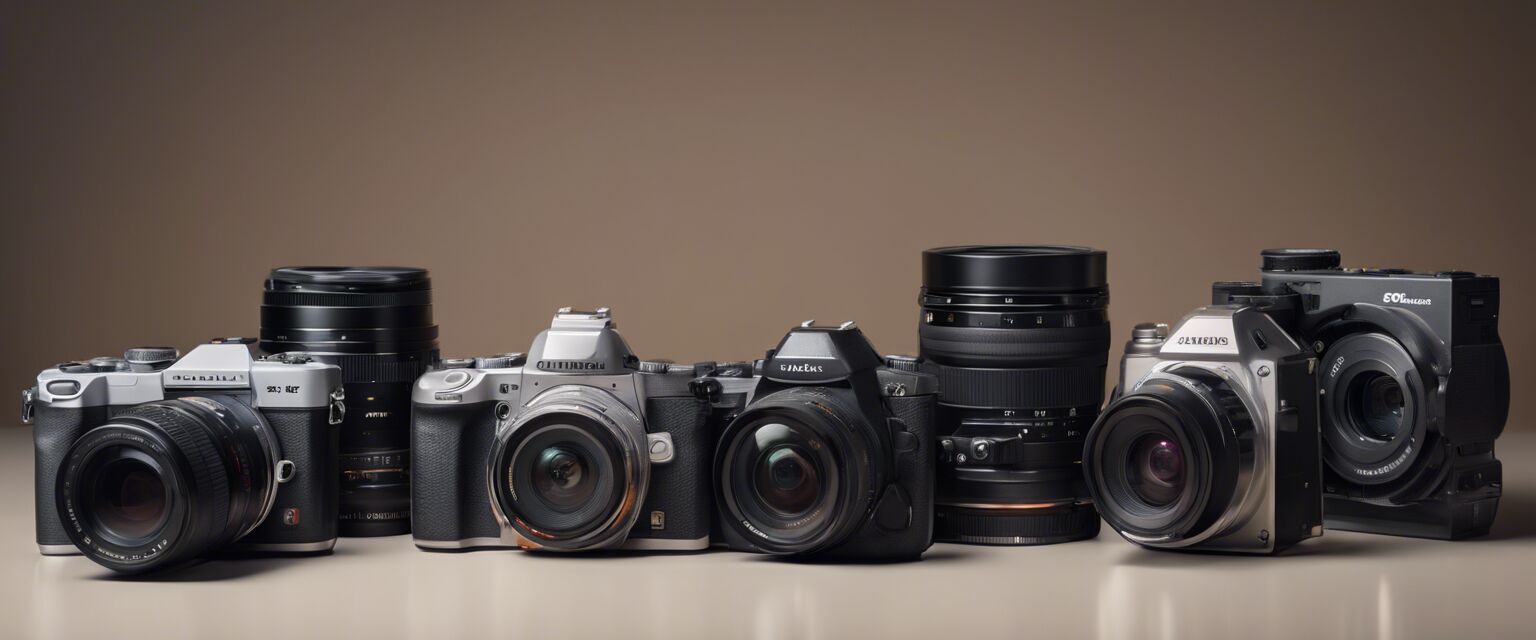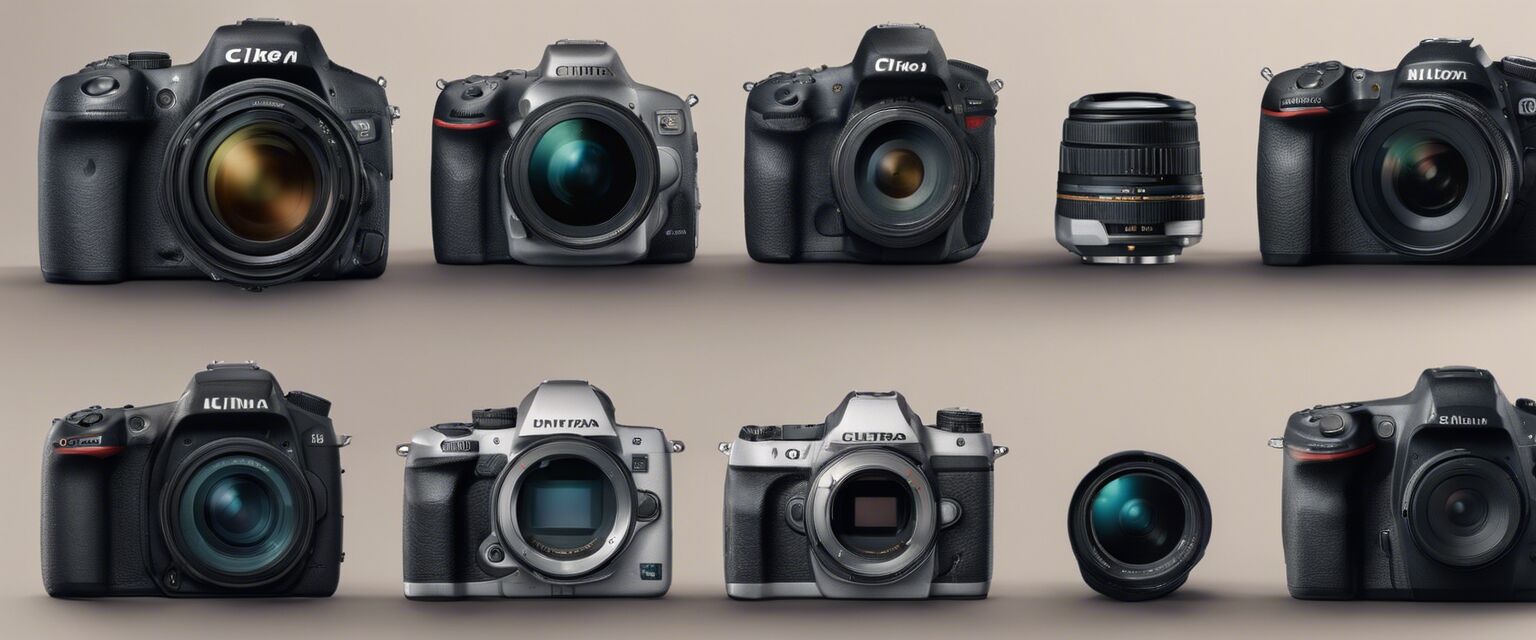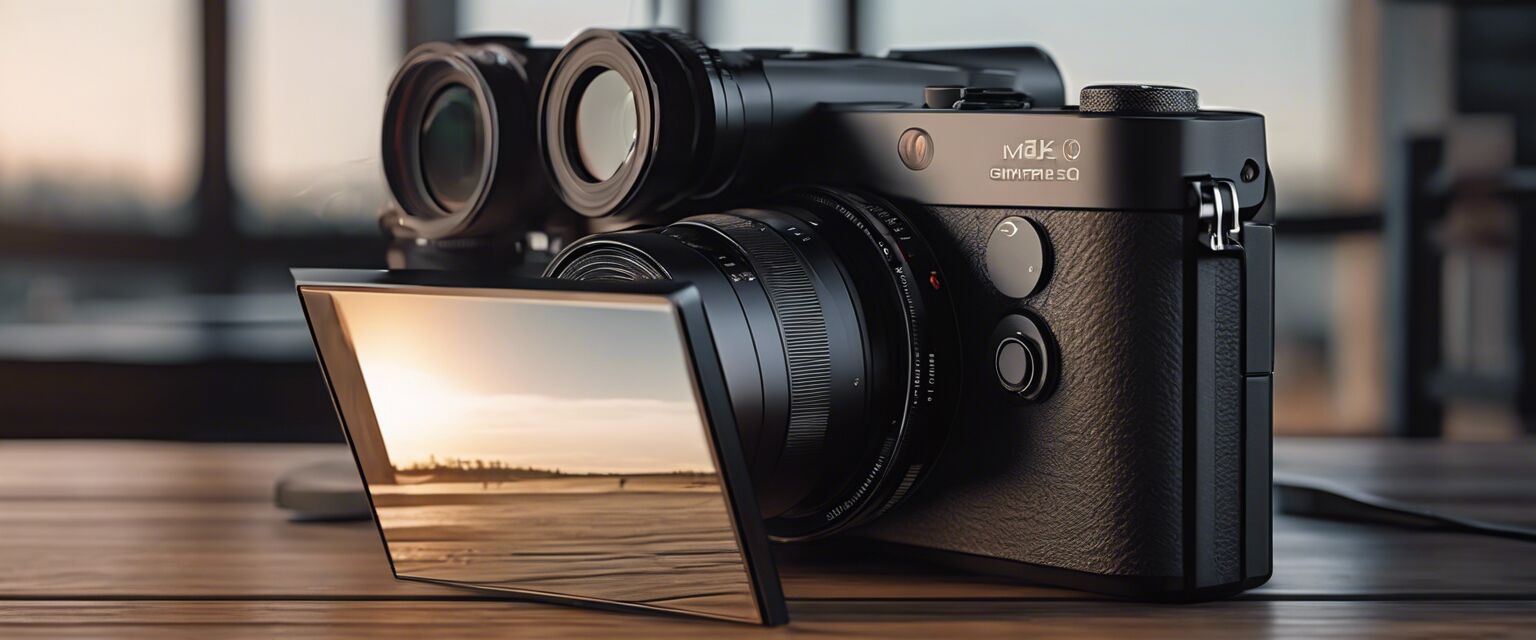
Mirrorless Cameras
Key Takeaways
- Mirrorless cameras offer advanced technology with compact designs.
- They provide excellent image quality, fast autofocus, and versatility.
- Ideal for both amateur and professional photographers.
- Variety of options available in different price ranges.
In recent years, mirrorless cameras have revolutionized the photography landscape, combining professional-grade features with lightweight and compact designs. This article will provide an in-depth overview of mirrorless cameras, their advancements, and the best options available in the market today.
What is a mirrorless camera?
A mirrorless camera is a type of digital camera that does not use a mirror reflex mechanism, unlike traditional DSLR cameras. This design allows for a more compact body while still maintaining high-quality imaging capabilities. Mirrorless cameras have gained popularity among photographers for several reasons:
- Lightweight design
- Faster autofocus
- Interchangeable lenses
- High-quality video capabilities
Advantages of mirrorless cameras
Mirrorless cameras come with several advantages that make them a preferred choice for many photographers:
| Advantage | Description |
|---|---|
| Compact Size | Without the mirror mechanism, these cameras are smaller and lighter, making them portable. |
| Fast Autofocus | Utilizing on-sensor phase detection, mirrorless cameras focus faster than many DSLRs. |
| Live View | Real-time exposure and depth of field previews through the electronic viewfinder (EVF). |
| Video Quality | Many mirrorless models offer superior video recording capabilities compared to DSLRs. |
Popular mirrorless camera brands
Several brands have established themselves in the mirrorless camera market, each offering unique features and advantages:
Comparison of mirrorless cameras
To help you decide on the best mirrorless camera for your needs, here’s a comparison of some well-known models:
| Camera Model | Megapixels | Video Resolution | Weight (grams) |
|---|---|---|---|
| Sony A7 III | 24.2 | 4K | 650 |
| Canon EOS R | 30.3 | 4K | 660 |
| Nikon Z6 | 24.5 | 4K | 675 |
| Fujifilm X-T4 | 26.1 | 4K | 607 |
How to choose the right mirrorless camera
When selecting a mirrorless camera, consider the following factors:
- Purpose: Determine whether you need it for casual photography, professional work, or videography.
- Budget: Set a budget range and look for cameras within that range.
- Lenses: Check the availability of compatible lenses for your chosen camera.
- Features: Look for features that matter most to you, such as image stabilization, battery life, and connectivity options.
Best practices for using mirrorless cameras
To maximize your experience with a mirrorless camera, follow these best practices:
- Keep the lens cap on when not in use to protect the lens.
- Use a sturdy camera strap to prevent accidental drops.
- Familiarize yourself with the camera settings to make the most of its features.
- Practice regularly to improve your photography skills.
Common misconceptions about mirrorless cameras
Despite their popularity, several misconceptions exist about mirrorless cameras:
- They are less durable: Many modern mirrorless cameras are built with high-quality materials and are highly durable.
- They lack lens options: Mirrorless cameras now have a wide range of lenses available, comparable to DSLRs.
- They are only for professionals: Mirrorless cameras are suitable for photographers of all skill levels.
Conclusion
Mirrorless cameras represent the future of photography, offering advanced features in a compact form. Their versatility and performance make them an excellent choice for anyone looking to enhance their photography skills. Whether you are an amateur or a professional, there’s a mirrorless camera option that will meet your needs.
Tips for beginners
- Start with a basic model and gradually upgrade as you gain more experience.
- Experiment with different shooting modes and settings to find what works best for you.
- Join photography forums or groups to learn from others and share your work.
Pros
- Compact and lightweight
- High-quality image and video capabilities
- Fast and accurate autofocus
- Interchangeable lenses
Cons
- Battery life may be shorter compared to DSLRs
- Some models can be expensive
- Limited lens selection in some brands
